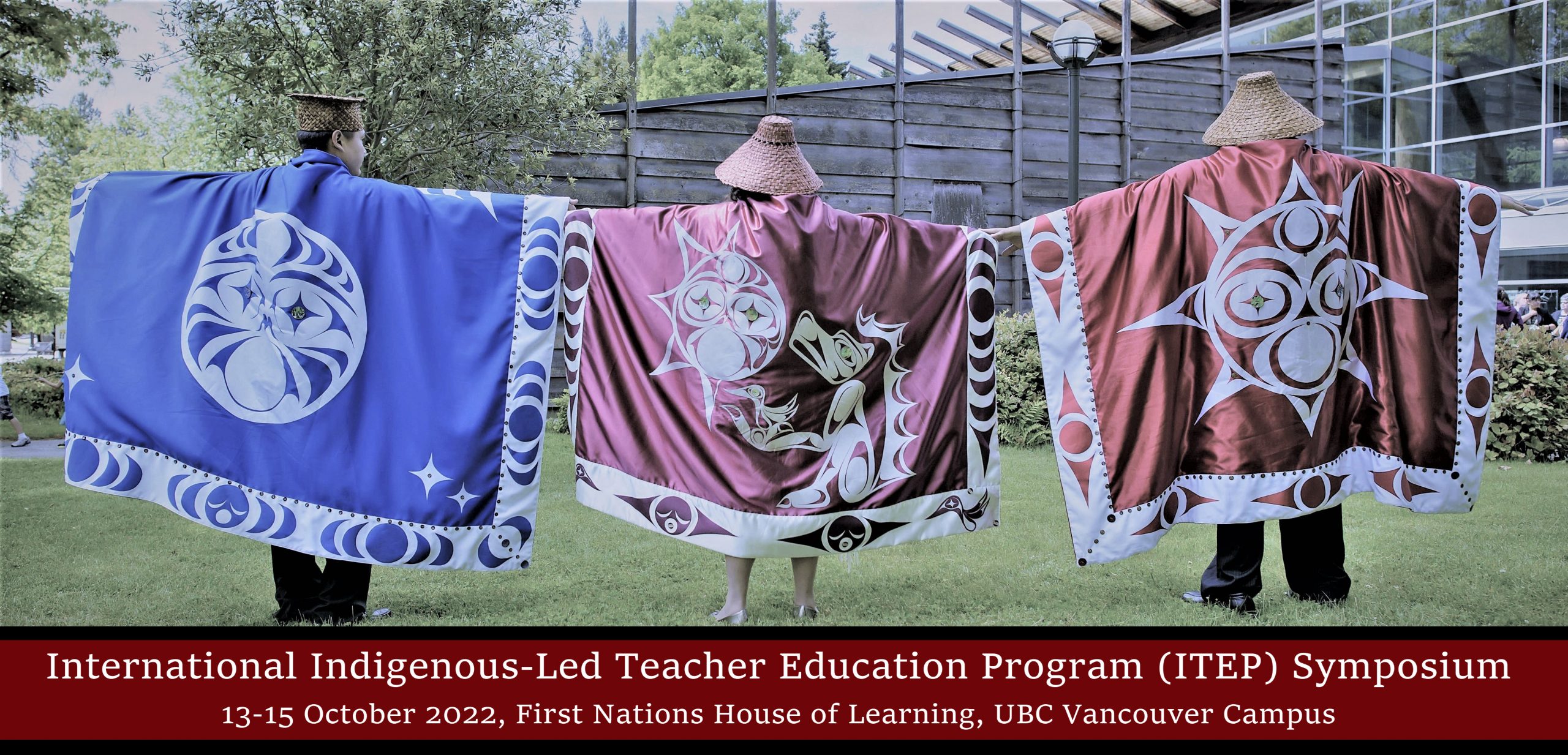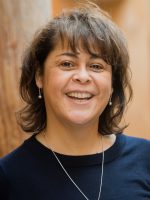
Aanii – Greetings!
As Dean pro tem of the Faculty of Education at UBC and Canada Research Chair (Tier 1) in Indigenous Pedagogy, I extend a very warm welcome to all the presenters and guests at the International Indigenous-led Teacher Education Program (ITEP) Symposium.
The three-day symposium will bring together 14 Indigenous-led teacher education programs and other models in teacher education that are supporting Indigenous teacher candidates and Indigenous communities in Canada, the USA, Australia, and Norway.
I look forward to meeting you and sharing dialogue and practices at the symposium.
Dr Jan Hare
ITEP Symposium Organizer
Dr. Jan Hare is an Anishaabe scholar and educator from the M’Chigeeng First Nation. She is currently the Dean pro tem of the Faculty of Education. Prior to accepting the role, she was the Associate Dean, Indigenous Education and the Director of the Indigenous Teacher Education Program (NITEP). She is also Professor in the Department of Language and Literary Education, and holds a Canada Research Chair (Tier 1) in Indigenous Pedagogy.
https://educ.ubc.ca/dr-jan-hare/
Keynote Speaker (13 October)
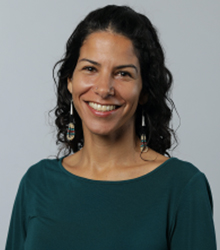
“Dr. Leilani Sabzalian (Alutiiq) is an Assistant Professor of Indigenous Studies in Education and the Co-Director of the Sapsik’wałá (Teacher) Education Program at the University of Oregon. Her research utilizes Native feminist theories to create more just and humanizing spaces for Indigenous students in public schools. Her research also prepares educators to challenge colonialism in curriculum, policy, and practice, and implement important Indigenous-led initiatives, including Tribal History/Shared History, a law that mandates curriculum on tribal history and sovereignty in all K-12 public schools in Oregon. She also serves on the American Indian/Alaska Native State Advisory Committee and collaborates with the Office of Indian Education to support professional development around the implementation of Tribal History/Shared History.”
https://education.uoregon.edu/directory/faculty/all/leilanis
Panel Presentation (15 October)
Intergenerational Leadership: Lessons Learned from NITEP
Discussion with Dr. Verna Kirkness and Dr. Jo-Ann Archibald
Facilitated by Dr. Jan Hare and Dr. Dustin Louie
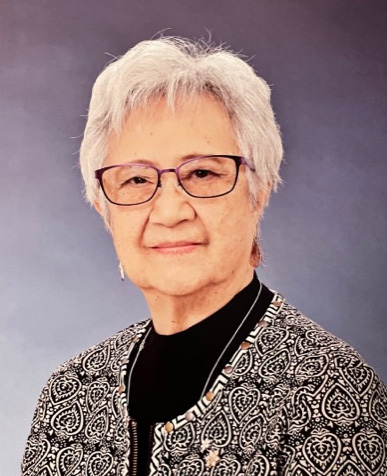
“Verna Kirkness’ early education career began in the classrooms of day and residential schools in Manitoba in the 1950s, as both a teacher and principal, and continued to an associate professorship at the University of British Columbia in the 1980s and 1990s. She is one of Canada’s most widely respected and recognized advocates of Aboriginal excellence in education. In addition to her work in educational institutions, Ms. Kirkness has had a significant impact on education policy. She was a member of the committee that developed that Indian Control of Indian Education policy in the 1970s, which altered the course of Aboriginal education in Canada. She was founder of the Mokakit Indian Education Research Association.”
https://indspire.ca/laureate/verna-kirkness-2/
https://indigenous.ubc.ca/2022/04/26/verna-kirkness-recalling-the-birth-of-the-tskel-program/
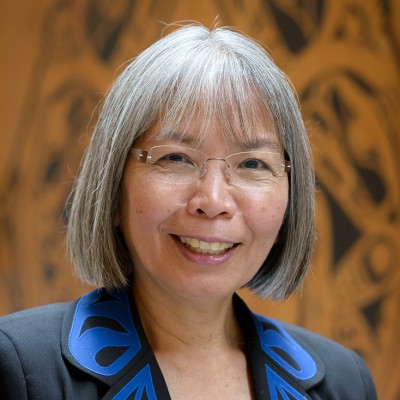
“Indigenous scholar, author, and pioneer in the advancement of Indigenous education, Jo-ann Archibald (Q’um Q’um Xiiem) is the former associate dean for Indigenous Education and director of the Indigenous Teacher Education Program (NITEP), and is professor of Educational Studies in the Faculty of Education at the University of British Columbia. She completed her Bachelor of Education at UBC in 1972 and continued on to earn both a master and doctorate in education. Member of the Stol:lo Nation, Archibald is described as a visionary and an agent of change, and is nationally recognized for creating culturally relevant teacher education and graduate programs for Aboriginal students. During her career of more than 40 years, her work transformed the learning landscape through curriculum and program development, policy, teaching and research.”
This symposium is hosted by the Faculty of Education’s Office of Indigenous Education at UBC.
We are grateful for funding from the US Spencer Foundation and Canada’s Rideau Hall Foundation to support this event.
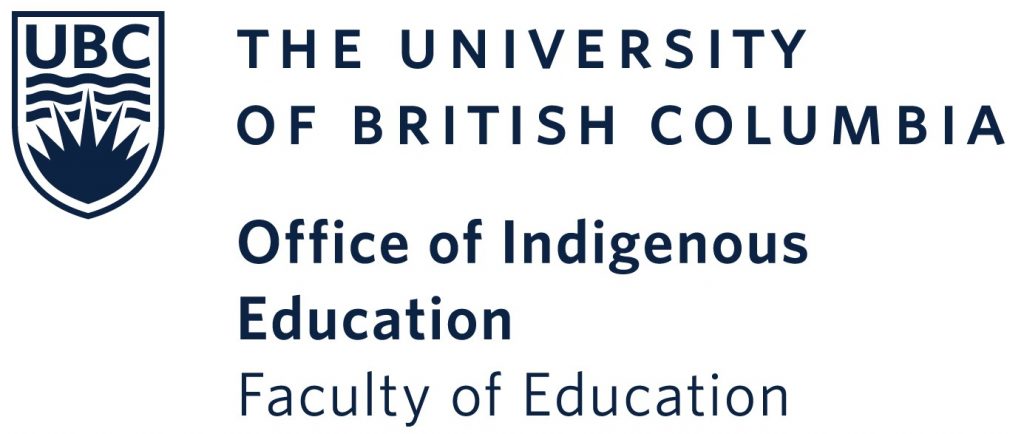
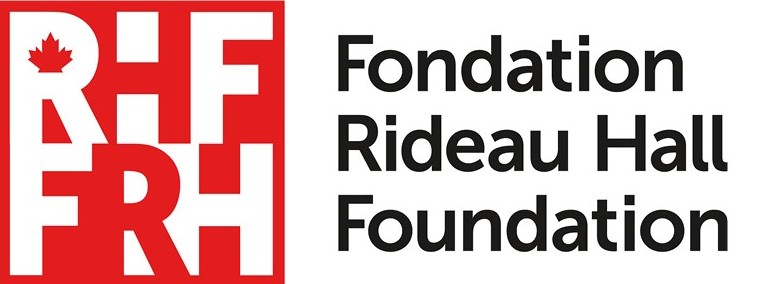
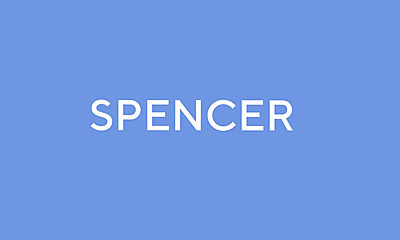
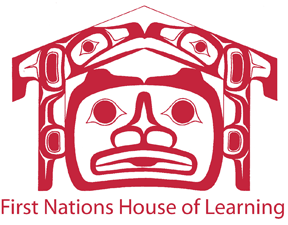
We acknowledge the First Nations House of Learning for their contribution.

